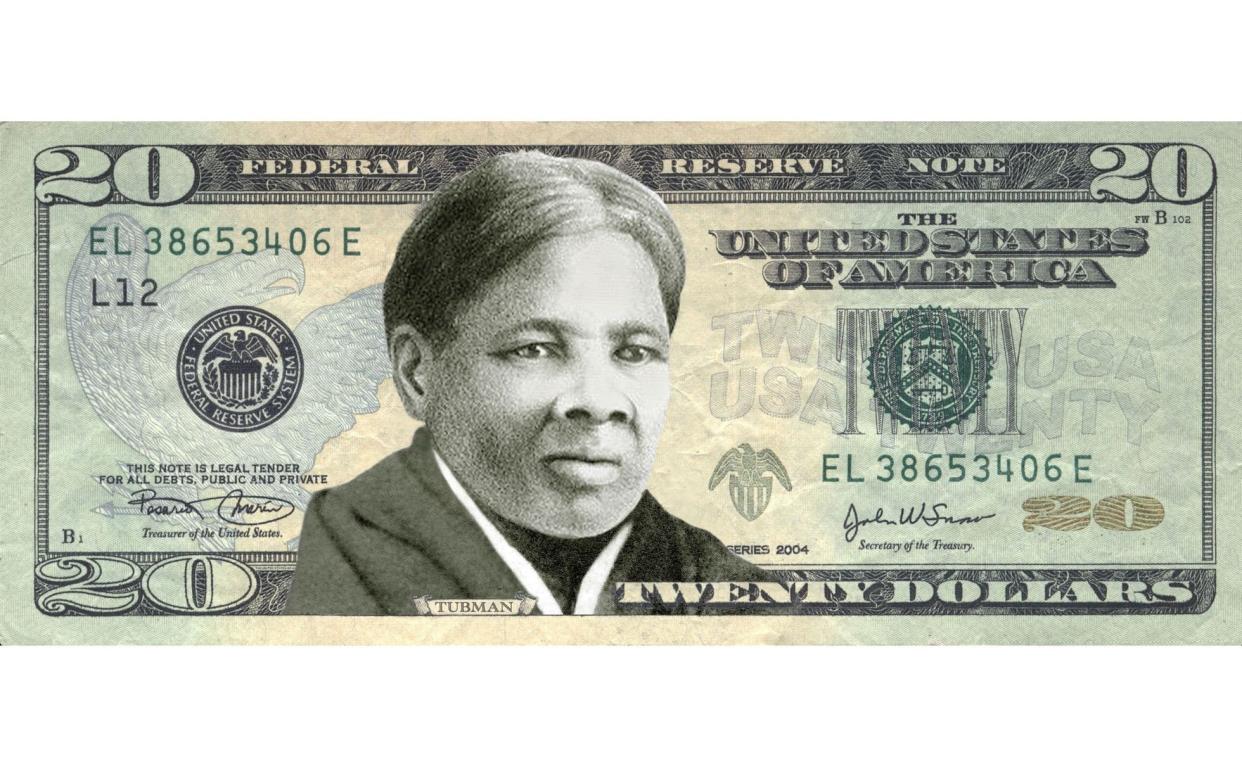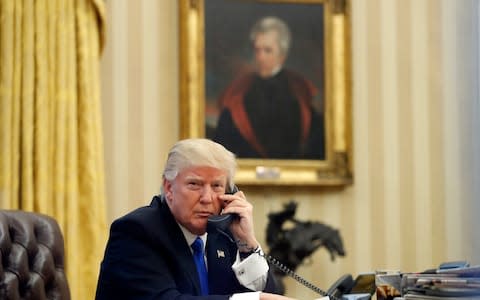Harriet Tubman will not replace Andrew Jackson on $20 bill until after Trump leaves office

Plans to replace slaveholding former president Andrew Jackson with slave-turned-activist Harriet Tubman on the $20 bill have been shelved until after President Donald Trump leaves office.
Steve Mnuchin, the treasury secretary, announced on Wednesday that he had postponed the plan, created under Barack Obama, to put Tubman on the note in 2020. Now Tubman will not appear on the bill until at least 2028.
Jacob Lew, Mr Mnuchin’s predecessor, said Tubman was “not just a historical figure, but a role model for leadership and participation in our democracy.”
But Mr Mnuchin said he had shifted the treasury’s priorities.
“It is my responsibility now to focus on what is the issue of counterfeiting and the security features,” he said. “The ultimate decision on the redesign will most likely be another secretary down the road.”

However, Mr Trump’s admiration of Jackson is no secret: indeed, a painting of the controversial populist president currently hangs in the Oval Office.
Tubman was born into slavery in around 1822, escaped, and then returned to the South, where she led other slaves to freedom. She was a Union scout during the Civil War and later advocated women’s voting rights.
Jackson, president from 1829-37, is credited with expanding the United States but oversaw the removal of Native Americans from their lands to the east of the Mississippi River, sending them marching west on the so-called Trail of Tears.
In 2016, on the campaign trail, Mr Trump called the decision to replace Jackson with Tubman “pure political correctness” and suggested that Tubman, whom he praised, could be added to a far less common denomination, like the $2 bill.

“Andrew Jackson had a great history, and I think it’s very rough when you take somebody off the bill,” Mr Trump said at the time.
“Andrew Jackson had a history of tremendous success for the country.”
Women have appeared on United States currency a handful of times, often on seldom-used $1 coins.
In the 19th century, Pocahontas and Martha Washington were the first women to make it onto American currency — and the last to make it onto paper.
Mr Mnuchin did not say whether Mr Trump played a role in the determination.

 Yahoo News
Yahoo News 